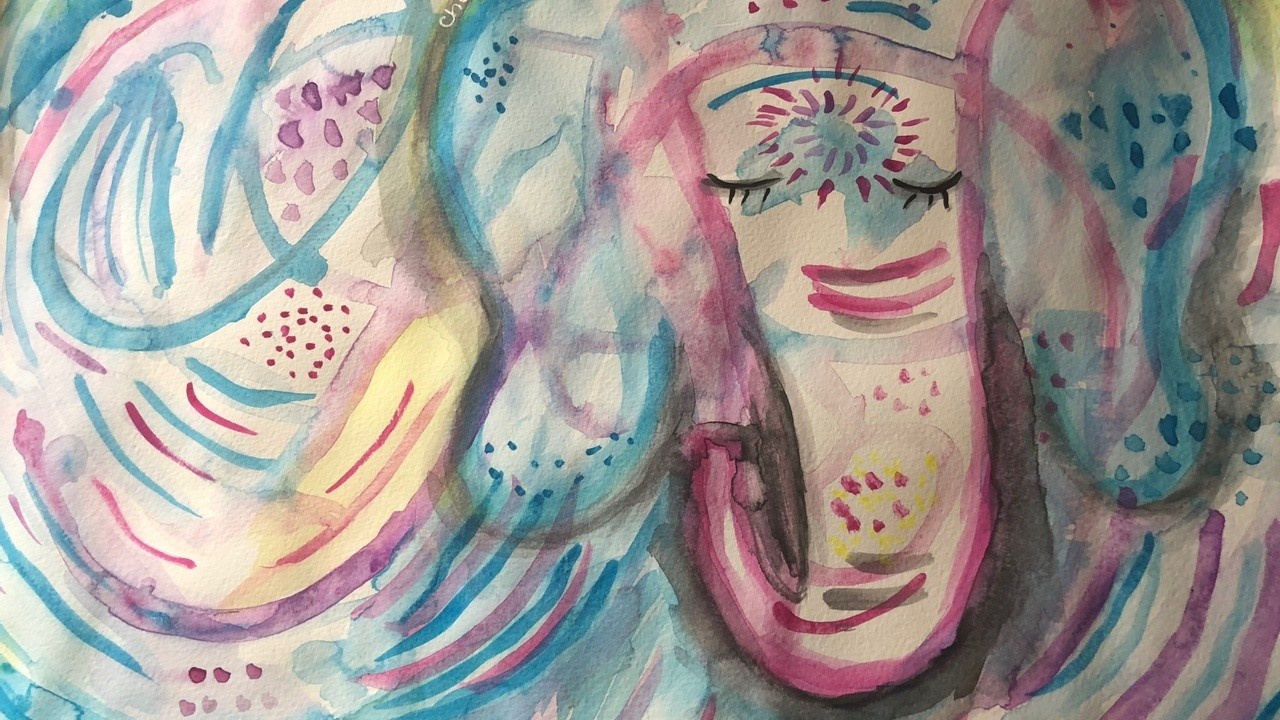Know Thyself
Apr 12, 2021
What does this first of the Delphic maxims mean to you?
The phrase “know thyself” has been around since at least ancient Greece, and it has been attributed to many different poets, philosophers, and sages. But, what does it mean today?
Some would say that it’s a warning to not think too highly of yourself. Other self-help advocates would say that you need to understand you are enough. While there are reasons to do both, I think it’s more simple than that. “Know thyself” simply means exactly that. You need to KNOW yourself. After all, if you don’t, no one else will. You could spend your entire life feeling unseen, unheard, and misunderstood, because you haven’t taken the time to truly understand who you are at your core, and then shared that knowledge with those around you. Authenticity is the very next way of being, after you understand who you truly are.
Have you taken the time to truly get to know yourself? This requires getting still, reflecting within, and taking enlightened action based on that introspection. In today’s crazy busy-ness-oriented culture, not many people take the time and the practice required to truly get to know themselves. Part of the reason for that is that regardless of all the talk about diversity and inclusion, the way people are most visibly seen and heard today is by following the traditional route of schooling, goal-setting, and achievement-based identity. But, what if the real you doesn’t fit that mold? What if you and your purpose are meant for something else entirely? If you don’t take the time to get to know the real you, what are you missing in this short physical life? It’s something to consider.
So, if you decide you want to get to know the real you, how do you go about doing that? Well, you spend time dialoguing with your soul. Too woo-woo for you? There are “not so woo-woo” ways to start that conversation. I’ve had any number of conversations with my soul by painting and doing yoga. There is no replacement for getting still enough for long enough that you can actually get in touch with your inner wisdom, your soul-voice. But I’ve also had written dialog with the real me by journaling. I start by writing a question in script. Then, I print any answer I may hear or feel, and then return to script to continue. The one thing all these tools share is the stillness required to practice them.
Socrates believed that every person has the knowledge of who they are within. It just takes remembering. That’s right, this isn’t about learning something new about yourself. It’s about remembering who you have been all along. We all come into this world knowing who we are, but we are all shaped by our family, culture, and schooling to follow that traditional route I mentioned above. Some people probably do actually fit that mold, but others don’t. And that is perfect. It is true diversity. If we taught children in school how to get in touch, and stay in touch, with their souls (or, their true identity, if that makes you more comfortable), our children, our society, and our culture would reap the rewards of receiving the benefits of each person’s unique gifts. Since this isn’t what’s currently happening, let’s start by remembering who we are right now. One way to do that is to start your day with a routine that gets you in touch with that inner wisdom, that soul-voice who has never forgotten who you are.
Do you know yourself? If you do, how did you remember?
All my life, no matter what change I’ve experienced, I’ve been able to use journaling to remember who I am, begin to understand what I can learn from this change, and how my experience can help other people going through something similar. Get my free prompts, “Journaling for Answers,” and start finding your own answers within.
We hate SPAM. We will never sell your information, for any reason.


